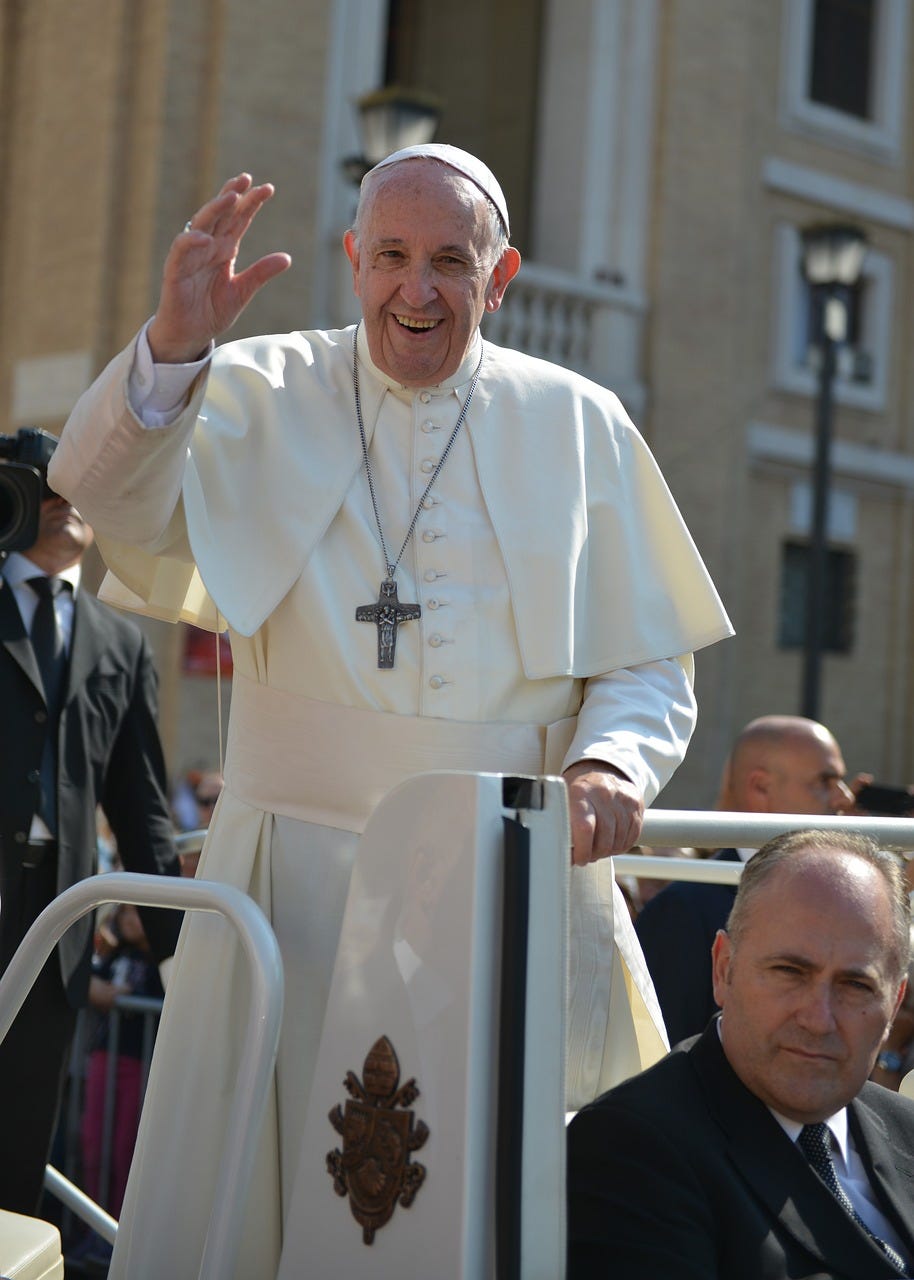Laudato Sí and the Fossil Fuels
A theme of this site is that the multiple crises we face provide an opportunity for the faith community to provide badly needed leadership. But this means that we need a theology that is fit for our times. With this thought in mind, I suggest the following three guidelines. I hope that professional theologians, seminarians and ordained clergy find them useful.
1. Understand physical realities
2. Accept and adapt
3. Live within Gaia
I have highlighted the first of these items, ‘Understand physical realities’, because it is relevant to the discussion in this post.
In a recent post we discussed the papal encyclical Laudato Sí. In the encyclical stressed the need for Adaptation, but he may not realize just how difficult that may be. (Or else, he does realize, and chooses not to talk about worst-case scenarios.)
One reason for this concern is that Francis may not understand the difficulty of switching from fossil fuels (coal, natural gas and oil) to alternative ‘green’ energy sources in a short amount of time. The following quotation is from paragraph 165 of the encyclical.
We know that technology based on the use of highly polluting fossil fuels – especially coal, but also oil and, to a lesser degree, gas – needs to be progressively replaced without delay. Until greater progress is made in developing widely accessible sources of renewable energy, it is legitimate to choose the less harmful alternative or to find short-term solutions. But the international community has still not reached adequate agreements about the responsibility for paying the costs of this energy transition. In recent decades, environmental issues have given rise to considerable public debate and have elicited a variety of committed and generous civic responses. Politics and business have been slow to react in a way commensurate with the urgency of the challenges facing our world. Although the post-industrial period may well be remembered as one of the most irresponsible in history, nonetheless there is reason to hope that humanity at the dawn of the twenty-first century will be remembered for having generously shouldered its grave responsibilities.
< my emphasis >
Implicit in this paragraph is an assumption that alternative energies — by which is usually meant wind and solar — can provide a like-with-like replacement for the fossi fuels. The catch is that the alternative do not possess the unique mix of properties provided by coal, gas and (especially) oil. We will develop this theme in greater detail in future posts. Suffice to say for now that alternative energy sources are considerably more expensive than fossil fuels, particularly oil. Companies are not transitioning as fast as they might because they will lose money. Likewise, government leaders are not taking the necessary actions because they will lose votes.
This is a crucial point. Implicit in so many discussions of this type is an assumption that we can ‘have our energy cake and eat it’. In other words, we can smoothly transition from an oil-based economy to an alternative energy economy while enjoying the same standard of living.
In the previous post we suggested that there is a need for a second edition of Laudato Sí. If the church does update the encyclical it should emphasize the need for sacrifice. This is not something that the church leaders should resist. After all, Francis wears a crucifix around his neck.





